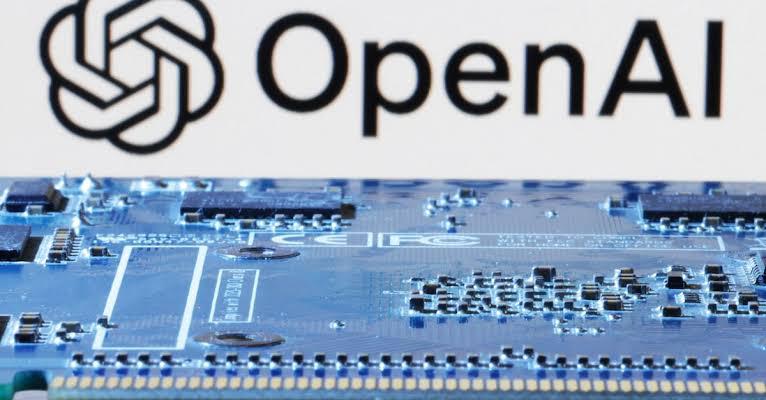OpenAI has announced a strategic partnership with Broadcom to develop its first in-house AI processor. The collaboration will deliver 10 gigawatts of custom AI accelerators starting in 2026, marking a major step in OpenAI’s push to secure computing power and reduce reliance on external chipmakers like Nvidia and AMD.
OpenAI Teams Up with Broadcom to Launch Custom AI Chips
In a landmark move to bolster its computing infrastructure, OpenAI has partnered with Broadcom to build its first-ever AI processor, marking a significant shift in the AI giant’s hardware strategy. Announced on October 13, 2025, the multi-year collaboration aims to deliver 10 gigawatts of custom AI accelerators and network systems for next-generation AI clusters.
Key Highlights from the Partnership:
Custom AI Processor Development
OpenAI will design the chips, while Broadcom will develop and deploy them.
The rollout is scheduled to begin in the second half of 2026, with full deployment expected by end of 2029.
Strategic Shift in Hardware Control
This marks OpenAI’s first step toward in-house chip design, reducing dependency on external suppliers like Nvidia and AMD.
The move is seen as critical to meeting the surging demand for AI computing power, especially for models like GPT-5 and beyond.
Scale and Efficiency Goals
The chips will be part of systems designed to scale up and scale out OpenAI’s infrastructure.
Broadcom will deploy racks of AI accelerators and Ethernet solutions, optimized for high-performance AI workloads.
Industry Impact
Shares of Broadcom rose over 10% following the announcement, reflecting investor confidence in the deal’s long-term value.
Analysts view this as a competitive response to similar moves by Google, Amazon, and Meta, who are also developing custom silicon.
OpenAI’s Vision
By designing its own chips, OpenAI aims to embed model-specific optimizations, improve energy efficiency, and control costs.
The partnership also supports OpenAI’s broader goal of building AI supercomputers tailored to its evolving needs.
This chip deal signals a new era for OpenAI, where software innovation meets hardware autonomy—potentially reshaping the AI landscape.
Sources: OpenAI Official Announcement, Reuters







